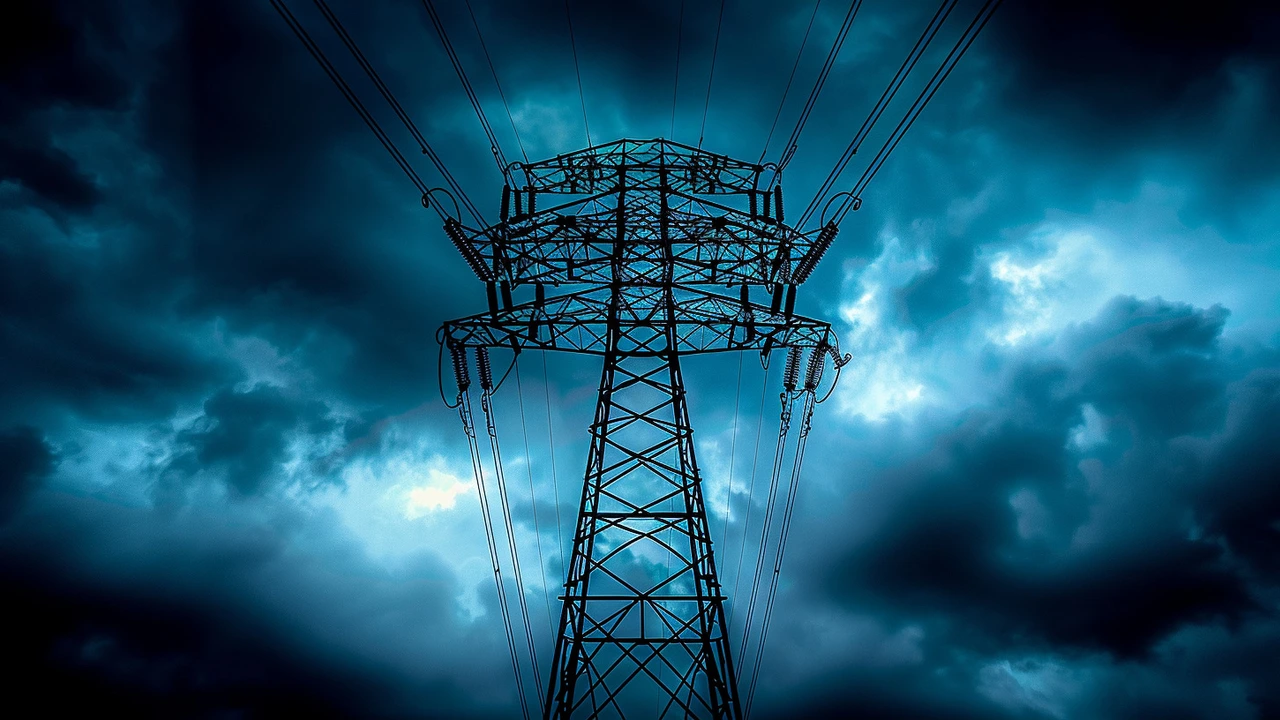Understanding Load Reduction and Why It Matters
Load reduction might sound technical, but it simply means using less electricity when you don’t really need it. Why bother? Well, cutting down on your energy use not only slashes your bills but also gives you a hand in easing stress on power grids, especially during peak times when everyone’s devices are running. This helps avoid blackouts and keeps the system running smoothly for everyone.
Think about your home or business. When appliances and machines run less or at smarter times, they demand less energy, which is exactly what load reduction aims for. From turning off lights in unused rooms to scheduling heavy equipment during off-peak hours, every bit of effort counts.
Simple Ways to Achieve Load Reduction
First off, start with the low-hanging fruit: unplug devices when you’re not using them. Many electronics still draw power even when off, which adds up over time. Next, upgrade to energy-efficient appliances that require less power to run. This one step can brighten your space and shrink your bills.
Another effective tactic is to use smart timers or programmable thermostats. These tools let you control when your devices operate so they don’t waste energy during times you don’t need them. For example, running your washing machine late at night when electricity demand is lower can not only save money but also reduce strain on the power network.
Why Load Reduction Benefits Everyone
When you reduce your load, you help keep the whole electricity system balanced. This can mean fewer chances of rolling blackouts in your area, especially during hot or cold days when demand spikes. Plus, by cutting down energy consumption, you also reduce greenhouse gas emissions, making a positive impact on the environment.
Businesses benefit too. Managing load can avoid costly peak demand charges and improve their reputation by showcasing efforts toward sustainability. With energy costs often fluctuating, smart load reduction is one of the best ways to keep budgets steady and operations efficient.
In the end, load reduction is an easy win. It’s about making smarter choices and using technology wisely. Whether it’s switching off a light or scheduling equipment run times, every small action builds toward a bigger benefit for your wallet and the planet.

